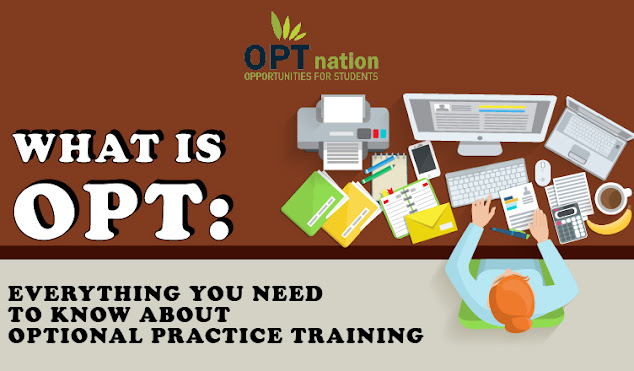How to Find a Job after Graduation: 10 Steps
How to Find a Job after Graduation
College graduation is a moment of success that is exhilarating. It may serve as a metaphorical passageway into independence for many young individuals. It's also the right moment to find a full-time career that fits your qualifications and interests. You can start living as an adult and earning a paycheck by getting a job. Graduating from college is a satisfying and symbolic achievement, but finding a career requires a lot of adjustment.
If you want to improve your chances of finding employment after graduation, try and follow these 10 steps:
- Begin early:
When you're still in college, take into account your career search. Keep your grade point average (GPA) high to win over employers. Take on part-time work or an internship to develop your expertise and resume and to see if you would like to work in a specific area.
- Target the job search:
If your job search has a defined direction, you can be more effective. Include a list of all your education, training, work history, interests, and skills. This data can help you create a solid resume and immediately identify the positions you are qualified for. Also decide what factors, such as pay range, industry, location, benefits, or business culture, are crucial to you in your job hunt.
- Create a powerful resume:
Make sure your education, soft skills, and prospective talent are highlighted in your resume. Start by including a succinct resume objective that outlines your desired job and career objectives. If you don't have any work experience, you can include "Projects" or "Accomplishments" in place of the traditional "Experience" column on your resume. Make sure your resume is proofread for proper spelling, grammar, and punctuation.
- Establish a credible web presence:
Remove inappropriate images and information from your social media pages before applying for jobs, or change your privacy settings to prevent hiring managers and recruiters from seeing your personal posts. You can hide or erase websites or articles if necessary by entering your name into a search engine to check what results come up. These are the procedures prospective employers follow when screening applicants. Be aware of what they might discover so you can make a good first impression.
- Try Optional Practical Training:
Undergraduate and graduate students with F-1 status who have finished or have been working toward their degrees for more than nine months are allowed by the USCIS to pursue practical training to complement their area of study during a time known as Optional Practical Training (OPT). OPT jobs in the USA are a great way to start your career. There are numerous companies that have openings for OPT jobs for international students.
- Establish Your Professional Objectives:
It's acceptable that not everyone knows what they want to do when they grow up. New graduates frequently have several, if rather hazy, job plans. Your job search will be more focused and ultimately effective the more you specialize your career ideas. Make career research part of your job search. You may get a general notion of what various professions in various fields involve from job descriptions.
- Apply carefully:
Applying is one of those situations where less is more. Even if it's simple to apply for a job with the touch of a button thanks to technology, make sure it's something you actually want and are qualified for by reading the job description and researching the firm. Does this position actually fit your skill set? Do you think working for this company would be appealing to you? If so, you should apply. If you are unsure, you might want to skip it.
- Keep Track:
Make sure you log and track your job search. This includes the location of your application, the date of any phone interviews, and, yes, rejections recorded. You may keep track of your job hunt to see where it stands at any given time. Which job did you apply for, and who would you need to follow up with? This way, when a hiring manager calls, you’ll know which company and which job they’re talking about. Likewise, keeping track of your job search can help you avoid missteps, like applying for multiple positions and the same company or missing an interview.
- Get an internship:
Registering for an internship at a company where you want to work might help you gain experience, and it might even lead to a full-time position. By contacting organizations that interest you or the career center at your college, you can locate internship possibilities.
- Get Social:
Connect with the business on social media if you're interested in working there. Keep up with its profiles and "like" any new posts. It can be a fantastic method to network and open doors. Additionally, as more businesses turn to social media for hiring and recruitment, having a professional presence and utilizing it would probably increase your chances of getting hired!
Conclusion:
Finding a job after graduation may seem like a daunting endeavor. But as time goes on, you'll gain useful experience and new job-searching skills. The entire route is laid out in front of you, making this the most exciting time of your career.




Comments
Post a Comment